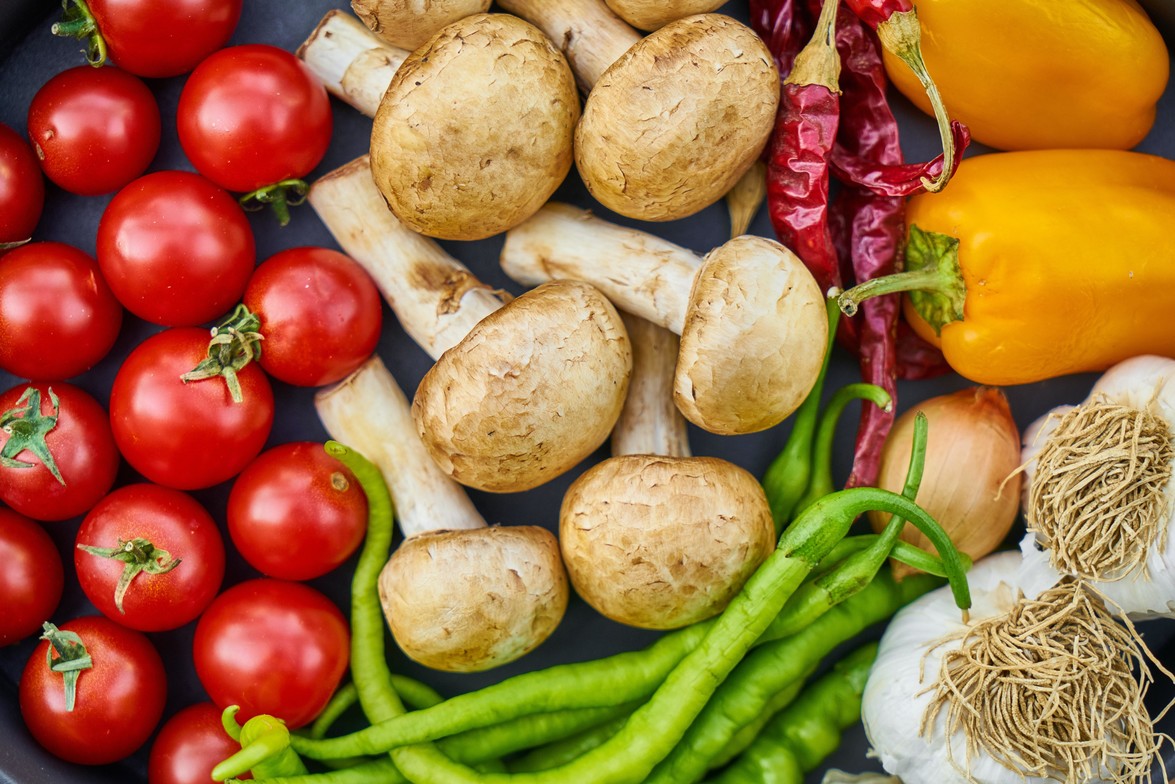
When it comes to maintaining an active lifestyle, nutrition plays a crucial role in supporting your body’s ability to perform, recover, and prevent injury. The foods you eat provide the essential nutrients your body needs to stay strong, repair itself, and fend off potential injuries. By paying attention to your diet, you can enhance your overall wellness and ensure your body is well-equipped to handle the demands of daily activities.
Nutrition for Injury Prevention
A well-balanced diet is key to keeping your body in top shape and reducing the risk of injury. Nutrients such as protein, vitamins, and minerals are essential for building and maintaining strong muscles, bones, and connective tissues. For example, calcium and vitamin D are crucial for bone health, while protein is necessary for muscle repair and growth. By including a variety of nutrient-dense foods in your diet, you can help support your body’s natural defenses against strains, sprains, and other common injuries.
- Eat a Balanced Diet: Incorporate a mix of lean proteins, whole grains, fruits, and vegetables into your meals to ensure you’re getting a wide range of nutrients.
- Stay Hydrated: Drinking plenty of water helps keep your muscles and joints lubricated, reducing the risk of cramps and stiffness.
- Support Your Bones: Include calcium-rich foods like dairy products, leafy greens, and fortified alternatives to maintain strong bones.
Nutrition for Recovery
After an injury, your body needs extra support to heal and regain strength. Nutrition plays a vital role in this recovery process by providing the building blocks your body needs to repair damaged tissues and reduce inflammation. Protein is especially important during recovery, as it helps rebuild muscle tissue. Additionally, vitamins and minerals such as vitamin C, zinc, and omega-3 fatty acids can help reduce inflammation and speed up the healing process.
- Prioritize Protein: Include protein-rich foods like lean meats, fish, eggs, beans, and legumes in your meals to support muscle repair.
- Incorporate Anti-Inflammatory Foods: Foods rich in omega-3 fatty acids, such as fatty fish, flaxseeds, and walnuts, can help reduce inflammation and promote healing.
- Focus on Vitamins and Minerals: Ensure you’re getting enough vitamin C and zinc from fruits, vegetables, and nuts to support tissue repair and immune function.
Long-Term Benefits of Good Nutrition
Maintaining a nutritious diet not only helps prevent injuries and aid recovery but also contributes to long-term health and wellness. When your body receives the right balance of nutrients, it functions more efficiently, allowing you to stay active and enjoy a higher quality of life. By making mindful food choices, you can support your body’s ability to perform, recover, and stay injury-free.
Incorporating these nutritional practices into your daily routine can help you stay strong, healthy, and ready to take on whatever life throws your way.
The content in this blog is for informational purposes only and is not a substitute for professional medical advice, diagnosis, or treatment. Always consult your doctor or a qualified healthcare provider before trying new healthcare protocols.


